
Latest Articles about Armenia
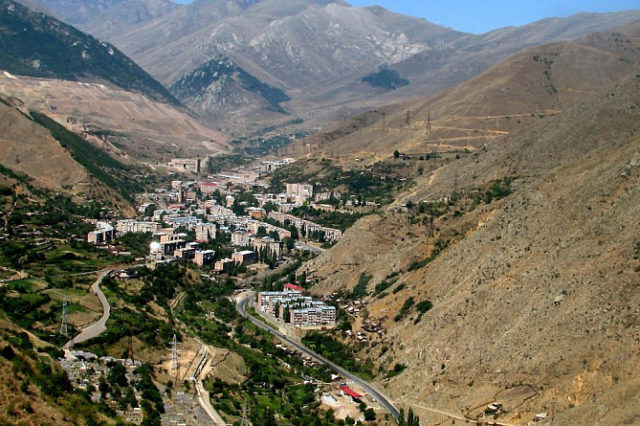
Azerbaijan Embarks on Construction of Nakhchivan Railway (Part Three)
*To Read Part One, Please Click Here *To Read Part Two, Please Click Here The Zangezur corridor between mainland Azerbaijan and Nakhchivan across southern Armenia, if re-opened, will carry greater economic significance for the connected states than its geopolitical implications in the short to medium... MORE
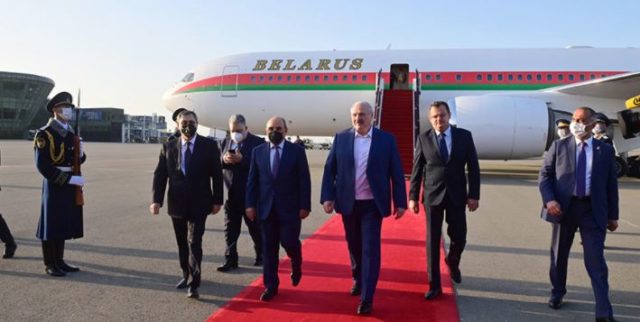
Lukashenka Visits Azerbaijan After Belarus Protests and Karabakh War
Belarusian President Alyaksandr Lukashenka paid a two-day visit to Baku, Azerbaijan, over April 13–14. The trip had initially been scheduled for late 2020, but it was postponed due to two significant events (Azertag.az, April 14; Belta.by, April 15). First, the August 2020 presidential election protests... MORE
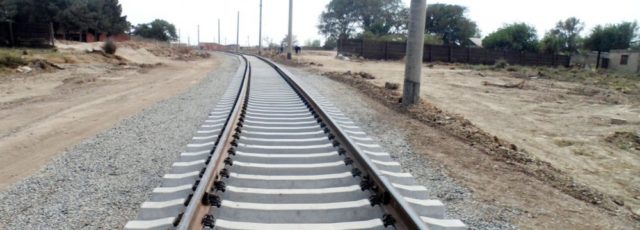
Azerbaijan Embarks on Construction of Nakhchivan Railway (Part Two)
*To read part one, please click here The unblocking of the Zangezur corridor will have wide-ranging geopolitical reverberations for both the directly concerned states, Armenia and Azerbaijan, and surrounding countries. For Azerbaijan, the reopening of the corridor has geostrategic significance in multiple domains. This route... MORE
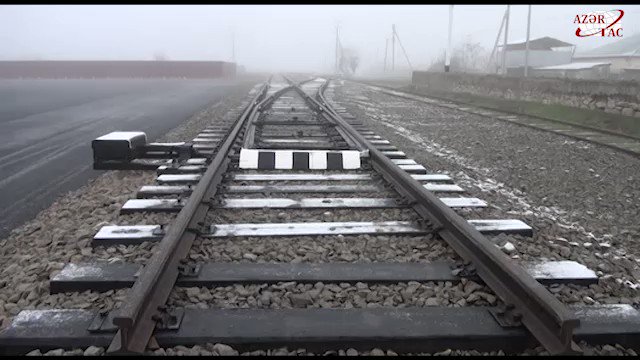
Azerbaijan Embarks on Construction of Nakhchivan Railway (Part One)
On February 14, President Ilham Aliyev of Azerbaijan, during his visit to the Azerbaijani territories retaken following the Second Karabakh War (September 27–November 9, 2020), ceremonially laid the foundation for a railway that, when completed, will connect the towns of Horadiz (Fuzuli district) and Agbend... MORE
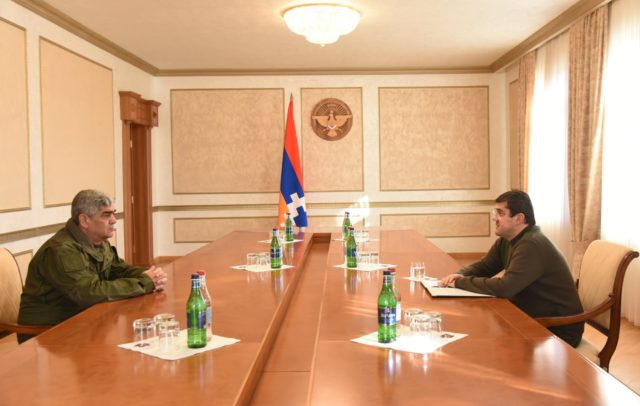
Russia’s Karabakh Protectorate Taking Clearer Shape (Part Three)
*To read part one, please click here *To read part two, please click here Relations between the authorities in Stepanakert, the capital of the self-declared “republic” of Karabakh, and the government of Nikol Pashinian in Yerevan are complicated and, for the most part, uneasy. Armenia’s... MORE
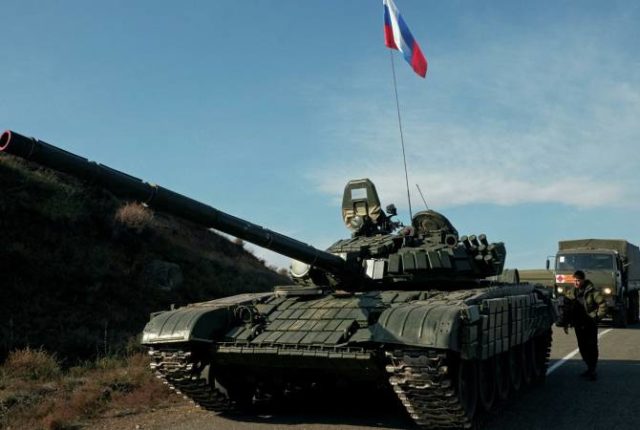
Russia’s Karabakh Protectorate Taking Clearer Shape (Part Two)
*To read Part One, please click here. Russia seems intent on reproducing in Karabakh the model it had earlier developed in Abkhazia, South Ossetia, Transnistria and Donbas—namely, a local proto-state with formal institutions under Russian military protection and economic sustenance (see EDM, December 8, 10,... MORE
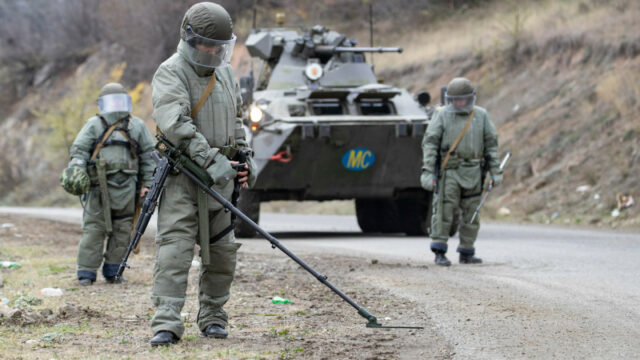
Russia’s Karabakh Protectorate Taking Clearer Shape (Part One)
Russia’s military “peacekeeping” intervention in Upper (“Nagorno”) Karabakh in November 2020 laid the foundation for a Russian de facto protectorate (see EDM, December 8, 10, 2020). The Second Karabakh War (September 27–November 9, 2020) has resulted in a partition of Azerbaijan’s former Upper Karabakh Autonomous... MORE
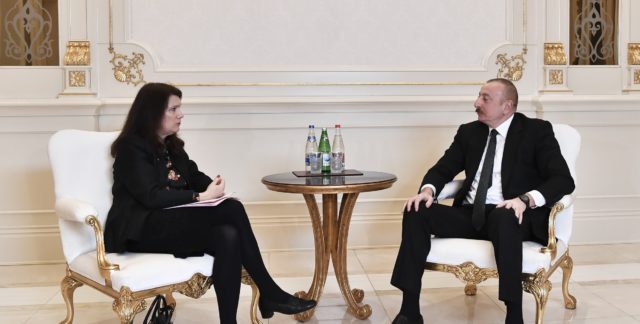
Azerbaijan Warns Against Threats That Might Undermine Peace Process With Armenia
On March 14, President Ilham Aliyev of Azerbaijan received the delegation of the Organization for Security and Cooperation in Europe (OSCE), led by this year’s OSCE chairperson-in-office, Swedish Foreign Minister Ann Linde. During their meeting, Aliyev reiterated his positive assessment of the post-war situation in... MORE
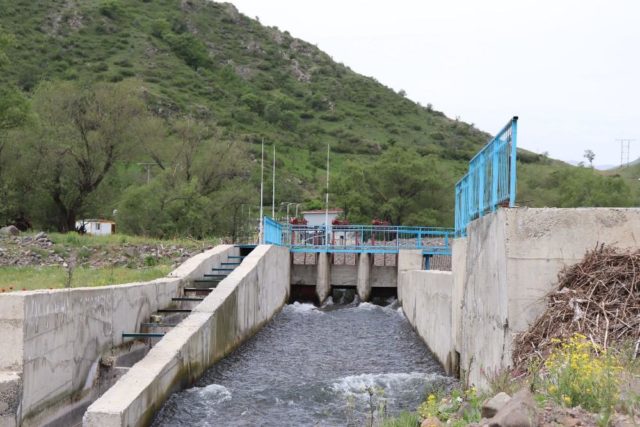
Azerbaijani Leadership Envisages ‘Smart City’ Concepts for Karabakh
Four months have passed since the signing of the ceasefire agreement that ended the Second Karabakh War, on November 9, 2020. Armenia is now embroiled in a political crisis because of the fallout from its decisive defeat in that conflict, while the status of Karabakh... MORE
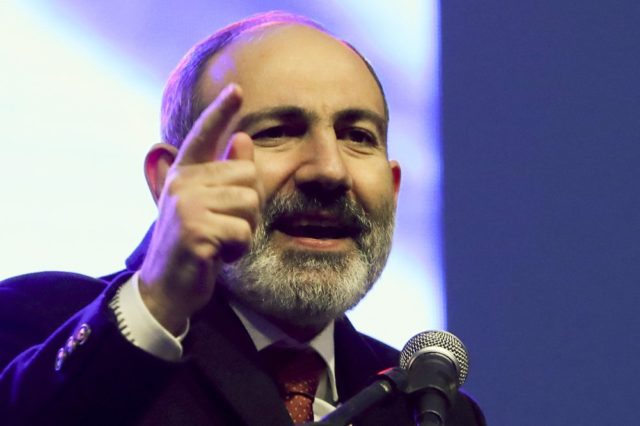
Prime Minister Pashinian Stages Own Coup Against Armenia’s Military
Armenia’s military top brass has demanded that Prime Minister Nikol Pashinian’s government resign “for having brought the country to disaster.” Blaming Pashinian for overall incompetence and the recent lost war, the generals have nevertheless stopped short of attempting a coup d’état (see EDM, February 25,... MORE